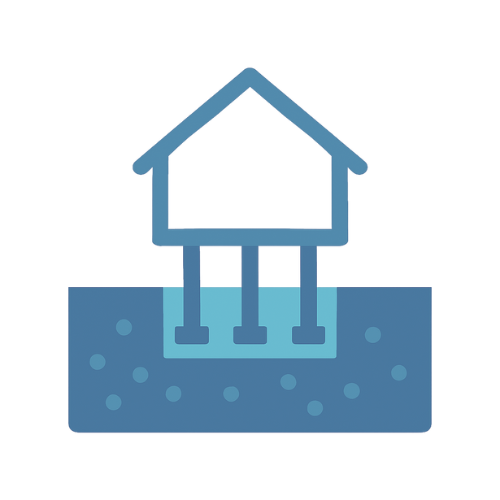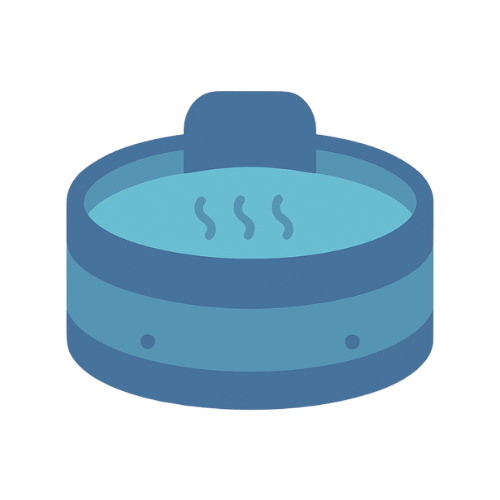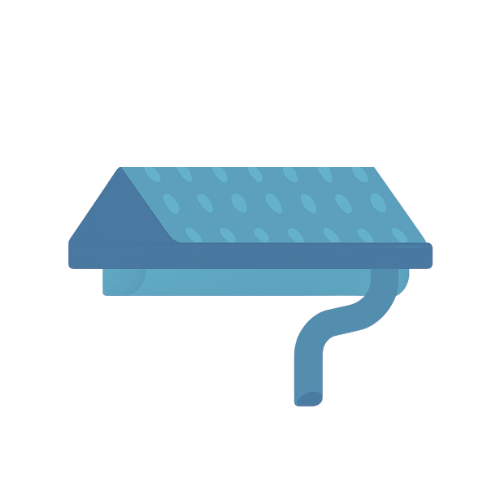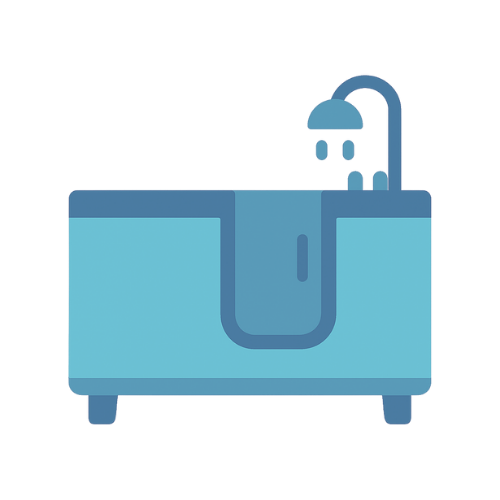Essential Scorpion fly Information

Types of Scorpion flies
Scorpion flies are intriguing insects belonging to the order Mecoptera, named for the males' curved, scorpion-like tail - which is actually a harmless reproductive organ, not a stinger. Though not harmful to humans, their appearance can cause alarm.
There are over 550 species of scorpion flies globally, but the most commonly observed types include:
-
Common Scorpion Fly (Panorpa communis)
Found in Europe, this species is easily recognized by its long beak-like mouthparts and yellow-black patterned wings. Males have the characteristic "scorpion tail." -
Boreus Brumalis (Snow Scorpionfly)
A winter-active species found in colder regions of North America and Europe. Unlike other scorpion flies, it has reduced wings and is capable of hopping on snow during winter months. -
Panorpa nuptialis (Common in North America)
Often seen in the southern United States, it shares many features with Panorpa communis, including mottled wings and elongated mouthparts used for feeding on dead insects and decaying matter. -
Bittacus spp. (Hangingflies)
Although technically part of the same order, hangingflies are often grouped with scorpion flies due to their similar features. They hang from vegetation and catch prey with their legs, resembling crane flies in flight.
Each type plays a minor but helpful ecological role, often feeding on dead insects or decaying plant matter. While they are not considered pests, their presence indoors is rare and typically accidental.
Call Us : +1-833-467-2554
Scorpion fly Removal Services
What's the best way to eliminate scorpion flies?
How USA Home Adviser Helps Get Rid of Scorpion flies?
While scorpion flies are not harmful to humans and rarely cause infestations, their unusual appearance can be alarming. If you're seeing these insects indoors or in large numbers around your property, USA Home Adviser offers practical, preventative solutions to help you take control.
How USA Home Adviser Helps Manage Scorpion Flies:
Accurate Identification
Our trained technicians begin by confirming whether the insects in question are truly scorpion flies or a similar-looking pest. Accurate identification ensures we apply the right solution from the start.
Inspection of Entry Points
Scorpion flies typically enter buildings by accident through open windows, unsealed doors, or vents. USA Home Adviser inspects your home thoroughly to locate and seal off these entry points.
Habitat Assessment
Scorpion flies are drawn to moist, wooded, or decaying environments. We assess your property for potential attractants such as wet mulch, organic debris, or poorly drained areas that could be encouraging their presence.
Moisture Management
Reducing excess moisture inside and around your home makes it less appealing to scorpion flies. We assist with identifying leaks, improving drainage, and controlling humidity in problem areas.
Targeted Treatments
If scorpion flies are present in large numbers, we use safe and targeted insecticides around key zones—particularly entry points and suspected breeding grounds—to reduce their population effectively.
Ongoing Monitoring & Prevention
After initial control, USA Home Adviser provides proactive monitoring and personalized prevention tips to keep your home scorpion fly-free in the long term.
Even though scorpion flies are generally harmless, they don’t belong inside your home. USA Home Adviser treats every pest concern with care—no matter how small. Contact us today to schedule your inspection and keep your space calm, clean, and pest-free.




























